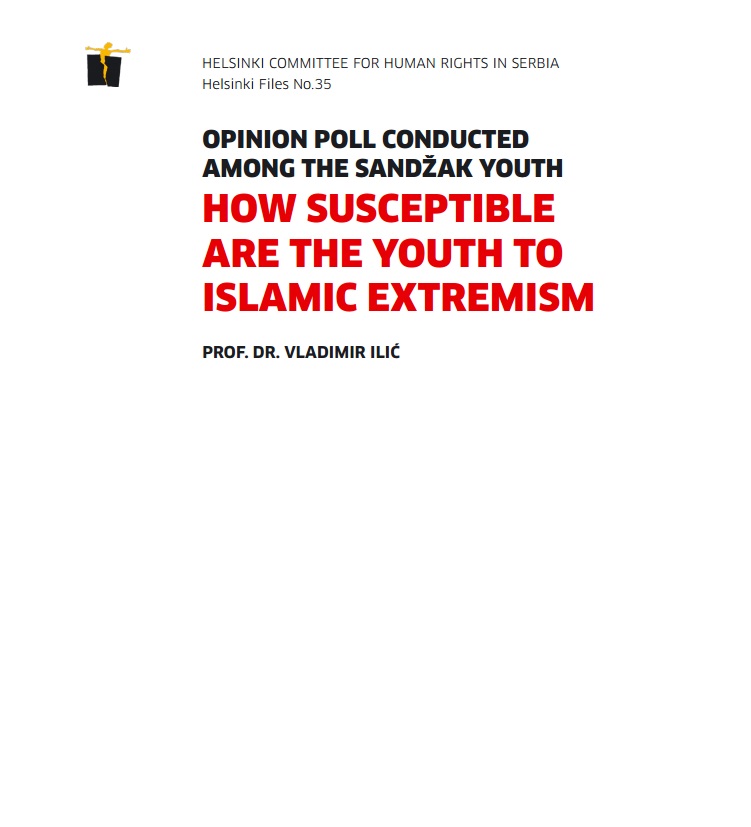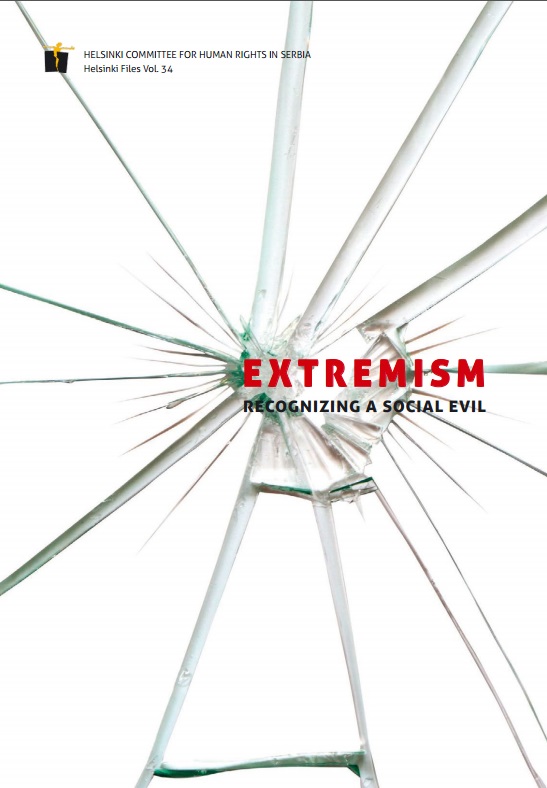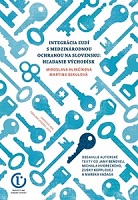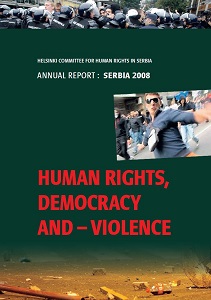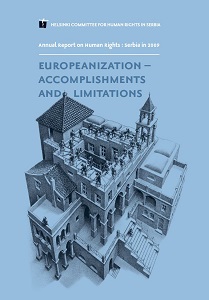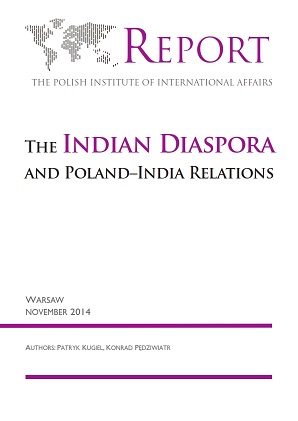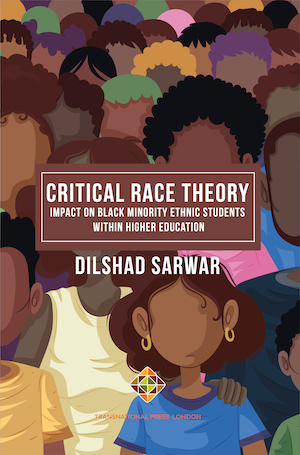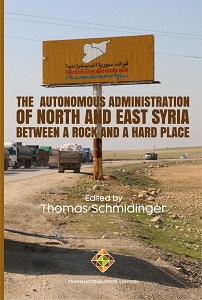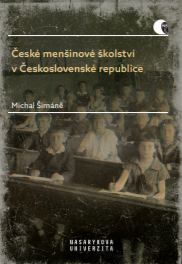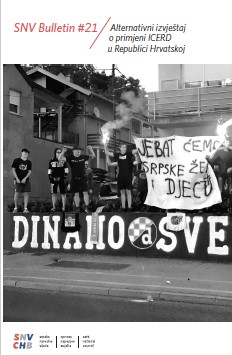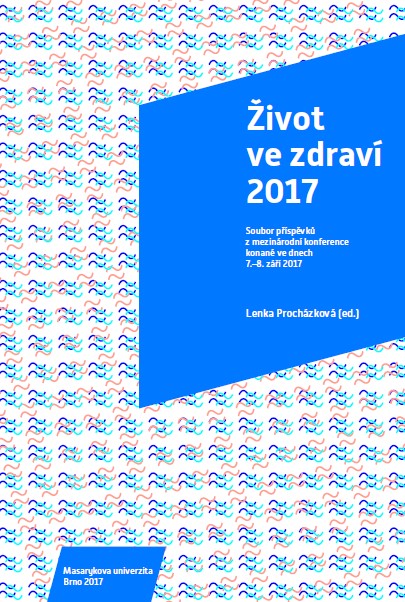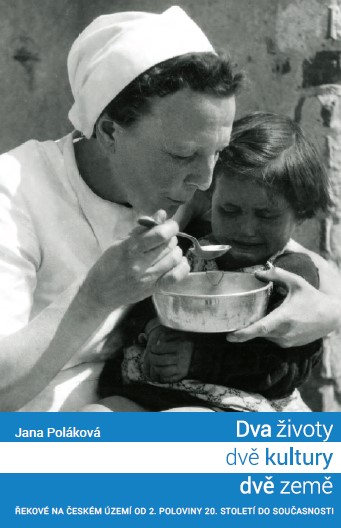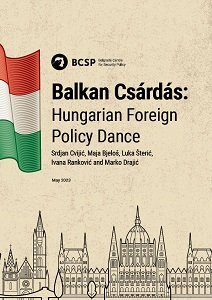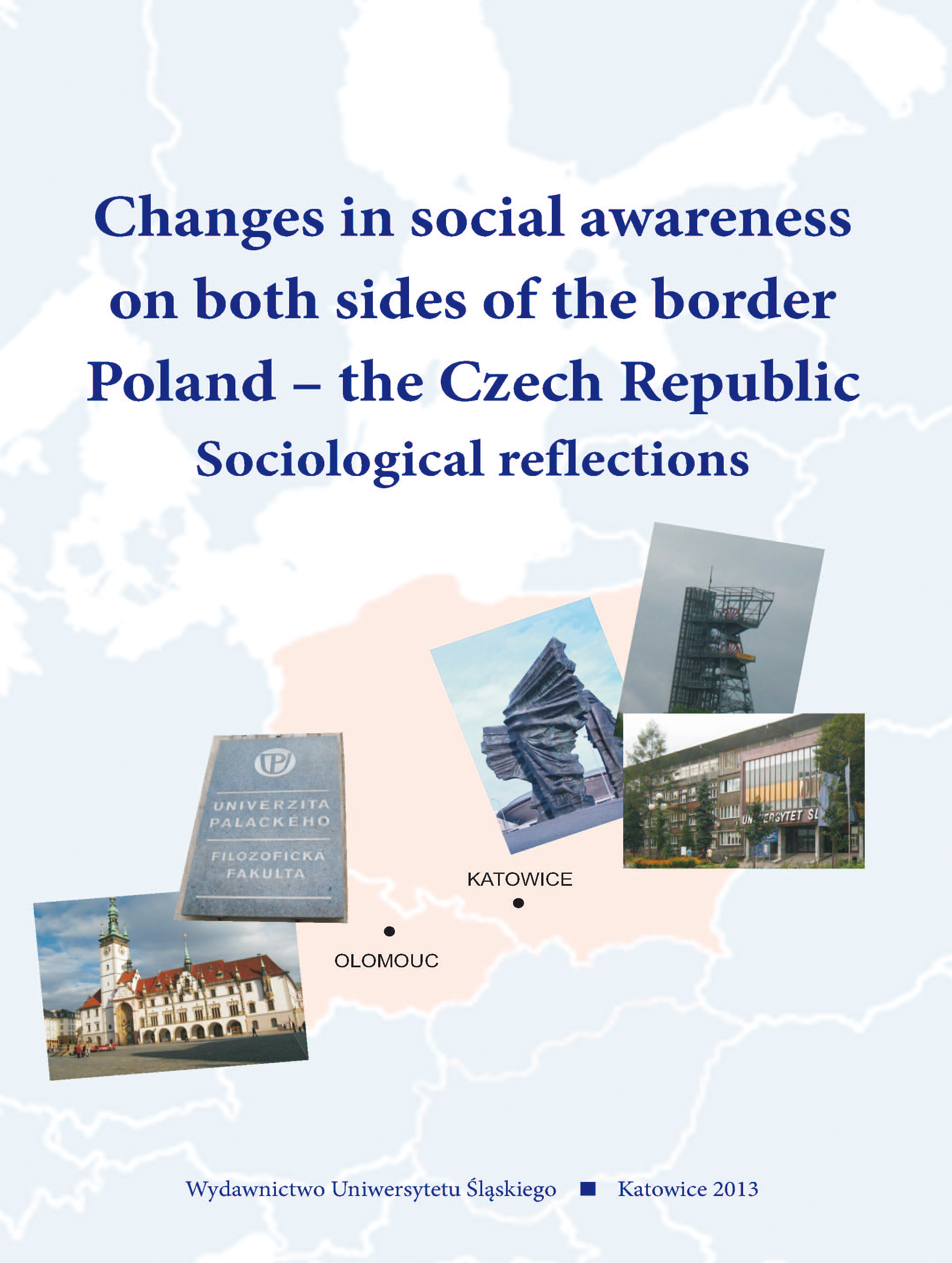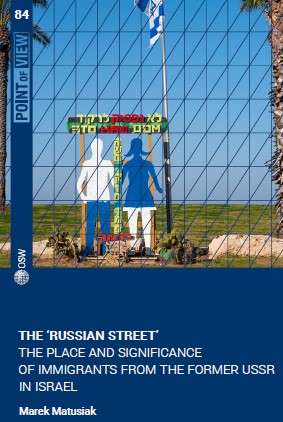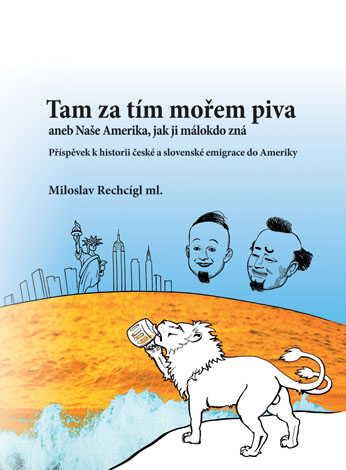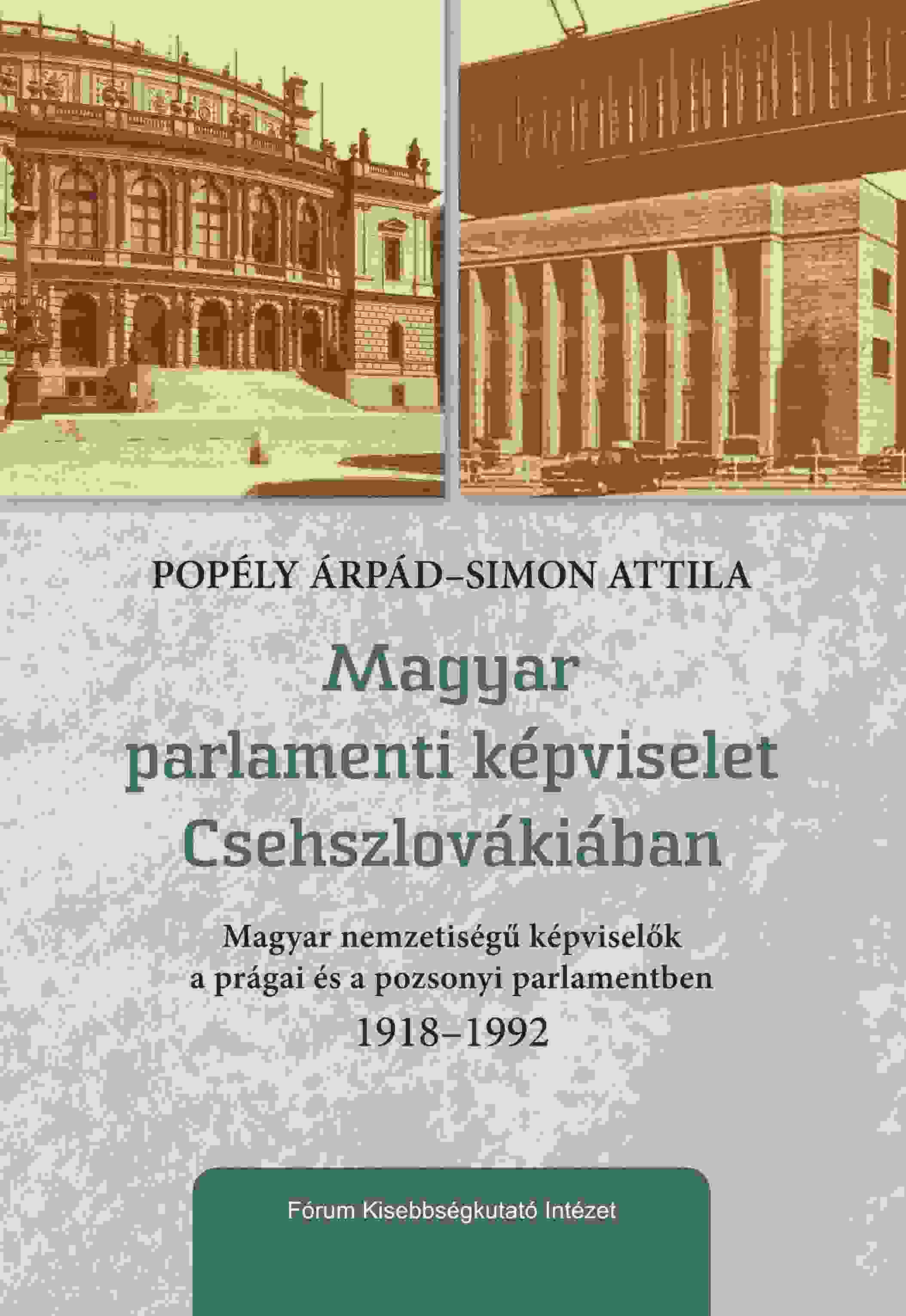Author(s): Attila Simon,Árpád Popély / Language(s): Hungarian
The Hungarian community in Slovakia, like its representation in parliament, has a history of more than a century. However, with the exception of a few recently published partial monographs, there has been no scholarly work on Hungarian parliamentary representation in the former Czechoslovakia. The present volume is the first attempt to summarize the history of parliamentary representation of the Hungarian minority in former Czechoslovakia from the country's formation in 1918 until its dissolution in 1992, as well as the biographies and political careers of its ethnic Hungarian parliamentarians and senators. This volume is also a pioneering undertaking in that no similar publication has yet been compiled on Czech and Slovak members of the Prague and Bratislava parliaments either. Since post-World War II Slovakia had its own legislative body, the Slovak National Council, the book naturally deals not only with the parliaments of Prague, the National Assembly and the Federal Assembly, but also with the Bratislava parliament and its Hungarian representatives. The fact that Prague had a bicameral parliament already during the First Republic and after the federal transformation of the country further increased the number of deputies covered in the book. In addition, between the two world wars, Subcarpathian Rus (today Carpatho-Ukraine) was also part of the Czechoslovak state, and ethnic Hungarian deputies and senators from there were elected to the National Assembly in Prague. Obviously, they were among the Hungarian legislators in Czechoslovakia, so it is only natural that they have been included in this volume, which thus presents a total of 246 Hungarian members and senators of the Prague and Bratislava parliaments. Of these, 45 were deputies and senators of the First Republic, 134 were deputies and senators in the years of the one-party state, 65 were deputies and senators of post-communist Czechoslovakia, and two were deputies and senators of both the single-party state and the parliaments after its collapse.In line with the generally accepted chronology of Czechoslovak history, the volume is divided into three major chapters. The first chapter covers the period of the First Republic, the second the years of the single-party system, and the third the period from the removal of the totalitarian communist regime to the end of the (federal) state. Only the post-World War II coalition period, which was a period of disenfranchisement for the Hungarian minority, is not included as a separate chapter, as the Hungarian population was deprived of the right to vote and thus to be represented in parliament. Nor does the volume deal with the period of the Slovak state during the Second World War and the parliamentary activities of its only Hungarian MP, János Esterházy, since the Slovak state parliament—unlike the post-war Slovak National Council—did not operate within the Czechoslovak state. Each chapter begins with a study of the political background and Hungarian parliamentary representation of the period, followed by a presentation of the ethnic Hungarian legislators of the period.The entries summarising the political and biographical background of each MEP include biographical details of the MEP, the number of the election term in which he or she was elected, the legislature of which he or she was a member or senator, the period of his or her mandate, the constituency in which he or she was elected and the party for which he or she was elected. The beginning and end of a mandate are often linked to different events in different registers or databases and are therefore given in different ways. The present volume considers the beginning of a mandate as the date of taking the oath of office and the end as the date of the next elections, except, of course, in cases where a person has been recalled, resigned, or died before the end of his mandate.The most important sources of biographical data on the MPs were their personal papers and the cadre reviews prepared on them. The personal papers of the MPs and senators in Prague are kept in the Archives of the Chamber of Deputies of the Parliament of the Czech Republic, while those of the MPs in Bratislava are kept partly in the Archives of the National Council of the Slovak Republic and partly in the Slovak National Archives. The cadres' reviews from the single-party state years are kept in the Communist Party´s fonds in the National Archives of the Czech Republic and the Slovak National Archives. Although in some cases their contents had to be corrected, the primary source of information on the ethnicity of MPs was the handbooks issued for each elected parliament, including, among others, the data of the MPs. The work of Members of Parliament has been possible to reconstruct from the press of the time and the stenographic records of parliamentary sittings. At the end of the volume, there is a reference list and bibliography, and an index of the names of persons and places appearing in the book.
More...
